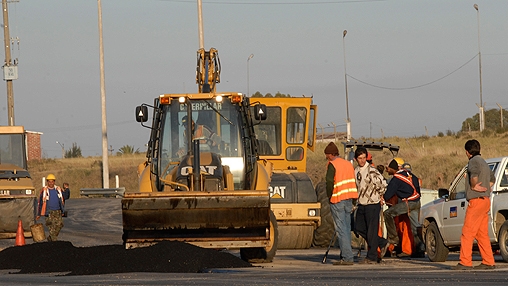The number of women receiving prenatal care, the percentage of reduction in child mortality, the kilometers of road built or the improvements in levels of schooling. Facts, figures and measurable elements. Government officials, parliamentarians and private sector and civil society representatives are demanding programs which help achieve sustainable results.
In response to requests from countries seeking innovative solutions to development challenges, last January the World Bank approved a new financing tool called Program-for-Results (PforR). This financing instrument supports ongoing government investment programs and its main feature is to distribute funds once specific results have been achieved.
So far, only four countries have implemented this tool: Morocco, Nepal, Tanzania and Vietnam. In Latin America, Uruguay is the first country to use it to improve its road infrastructure.
"We are not supporting a 'Bank project' with a few stretches of improved roads here and there. On the contrary, the program supports road rehabilitation in Uruguay as a whole," said Gregoire Gauthier, Task Team Leader for the National Road Network Rehabilitation and Maintenance Program.
It is expected that about 500 kilometers worth of road will be improved by 2015, including bridges, drainage systems and improvements to 8,875 km of road signage along the Uruguay National Road Network.
Gauthier described this tool as "a complete change and evolution in terms of focus. Moreover, the supported activities are part of the overall funding for a broader program in a developing country."
Using national systems and implementation processes, this instrument allows the government to focus on institutional development and to improve the efficiency of the supported programs. The new tool also provides opportunities to improve coordination between actors, national and international institutions participating in national programs.
Results are also expected to be seen in the way the road sector is managed as a whole through improvements to planning capacity, road safety, and communication with civil society. Moreover, the supported activities are part of the overall funding for a broader program in a developing country".

